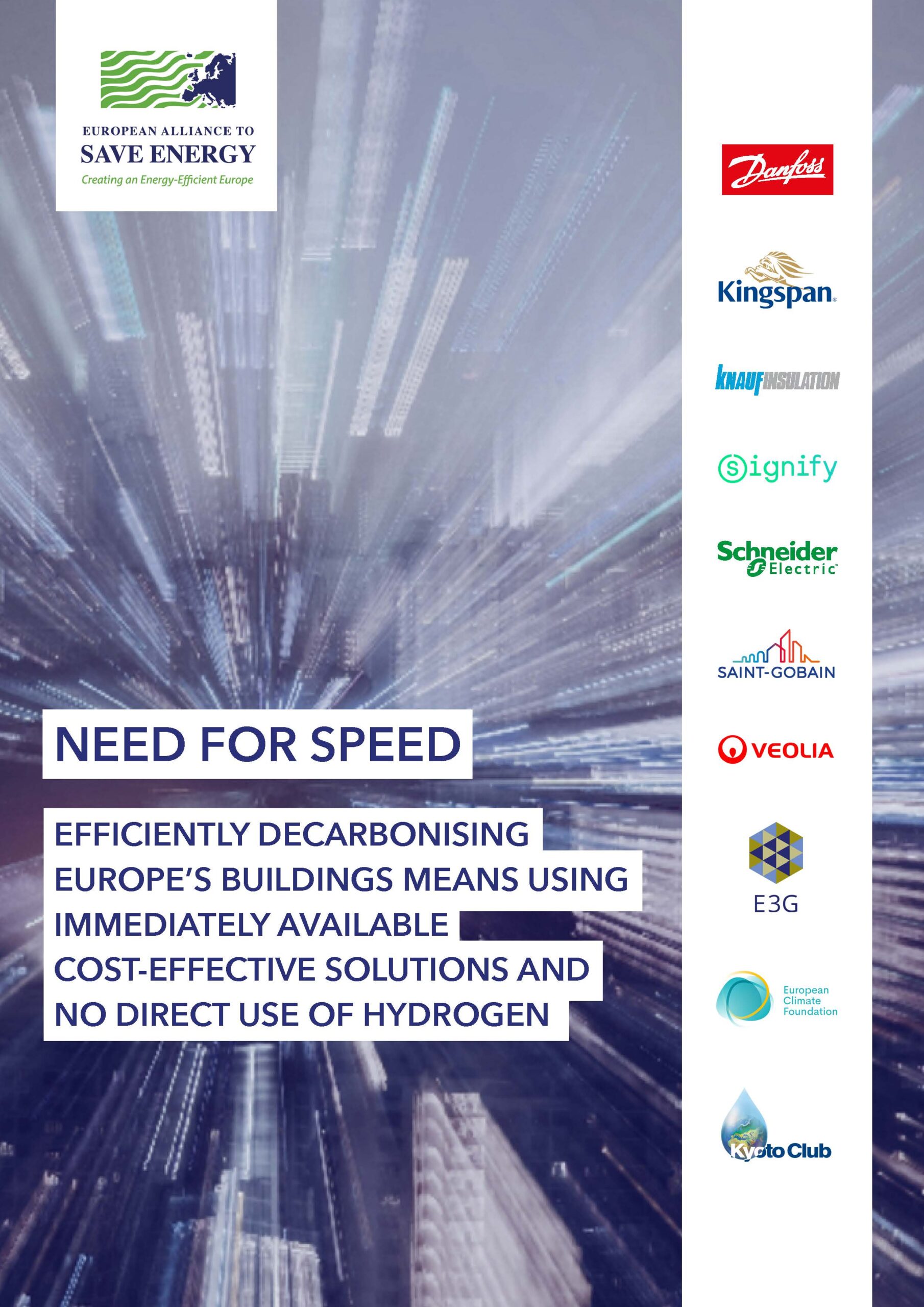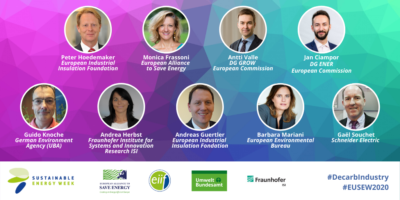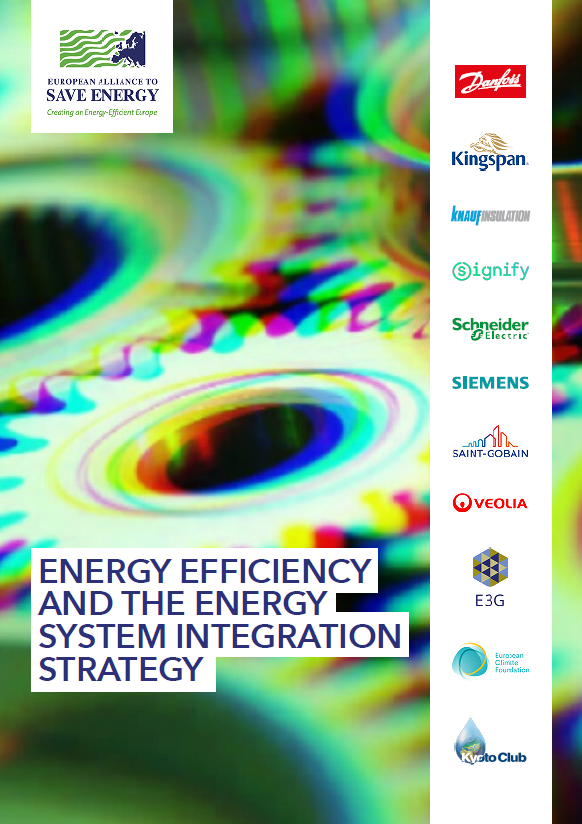Reducing emissions across all sectors and decarbonizing “hard-to-abate sectors”, which include buildings, industry and transport, will strongly depend on the EU ability to apply the energy efficiency first principle, which should be mainstreamed to all energy policymaking, planning and investments, including into the upcoming EU Strategy on energy sector integration.
Energy efficiency is the first fuel and should be the starting point for all decarbonization efforts, and this according to the energy efficiency first principle as defined in the Governance for Energy Union Regulation. Together with renewables, it must represent the lion’s share of the measures needed to meet the 2050 target. Energy efficiency and renewable electrification are two key pillars of a 1.5C decarbonization pathway.
To achieve its climate neutrality goal by 2050, the Commission has announced an Energy System Integration Strategy as part of its Green Deal. This new strategy will look at how to facilitate the interlinkages between electricity, heating, building, transport and industry sectors, to better use synergies likely to emerge (including in energy conversion and storage), thereby enabling a more cost-efficient decarbonization of the energy system. This includes looking at how integrating sectors can improve the overall efficiency of the energy system through enabling reuse of excess/waste energy, storage of surplus electricity in thermal networks, buildings and transport as well as to incentivize the clean electrification of sectors, interconnectivity and energy storage.
The recommendations outlined in this paper put forward some key ideas to fully consider the potential for energy efficiency and its role in facilitating the transition towards more integrated energy and other sectors.
Download the full publication



